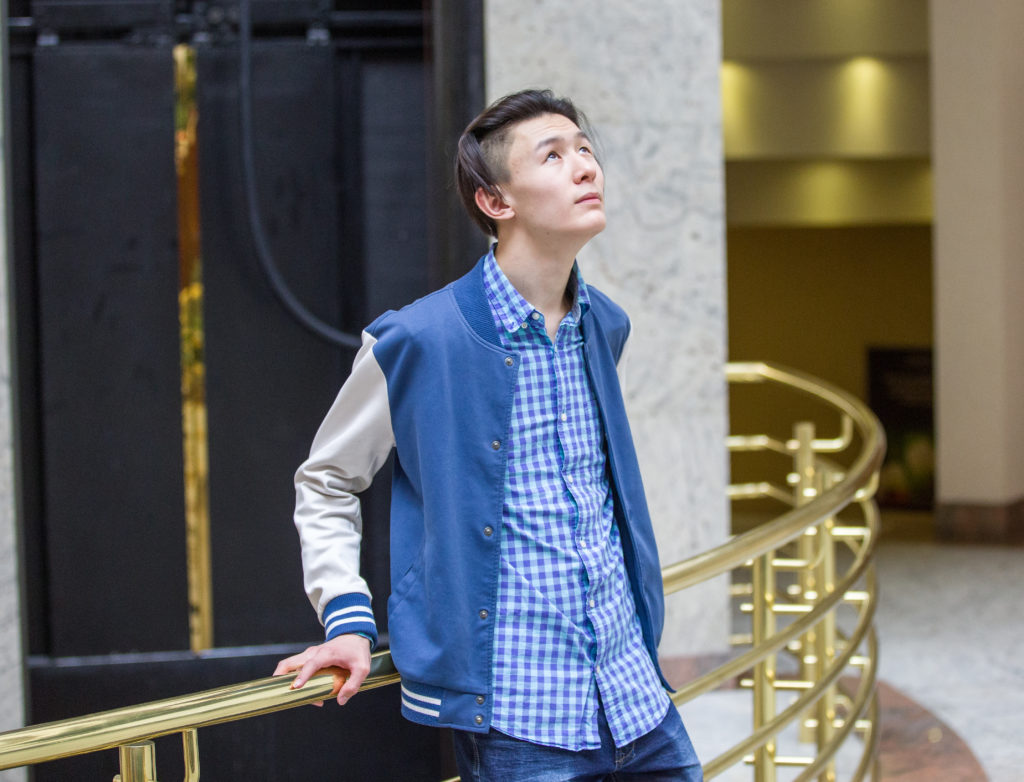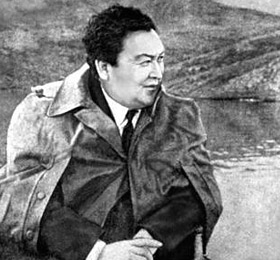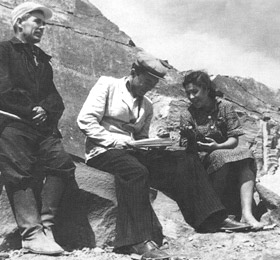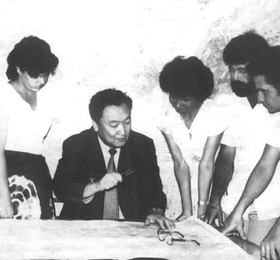Khalykbek Yelshibekov
Specialization: Physics. Internship: Korea Astronomy and Space Science Institute, Korea.
 Star galaxies are very far from Earth, and therefore for us they are just tiny spots in the sky. But there are people who can see more of these galaxies. Khalykbek Yelshibekov, a 21-year-old native of Almaty, who studies physics at Nazarbayev University, is one of them.
Star galaxies are very far from Earth, and therefore for us they are just tiny spots in the sky. But there are people who can see more of these galaxies. Khalykbek Yelshibekov, a 21-year-old native of Almaty, who studies physics at Nazarbayev University, is one of them.
How did your interest in the stars begin? Why physics, not astronomy? How and why did you choose physics?
Since the time when I was a little boy, I loved watching the Discovery Channel; space television series were often aired thereon. I even became very upset, realizing that the thermal death would come the universe, but it was as early as at my 11, I made up my mind that I would definitely be a physicist. During my school years, I successfully participated in various international competitions, which in the end helped me to enter Nazarbayev University.
What was your contest experience all about?
The biggest difference between the winners and most students is that the winners did apply. When I was in my second year and expressed my desire to participate in the competition, I was sure that I had no chance, because the competition among physicists that year was very tough. However, I was able to stand out, though not in the list of finalists of that year. But later, when I applied the following year, then the previous experience of participation helped me a lot, besides, the foundation experts already knew me well, and I knew how to play their “game”. That is why I strongly recommend all second year students to submit applications no matter what.
What was your internship experience?
According to the classical theory, the farther a star is from the center of the galaxy, the slower it rotates, but when scientists measured the rotational speeds of the stars, it turned out that those that are far from the center of the galaxy rotate as fast as the stars closer to the center. Thus, during my internship practice in Korea, I processed data provided by MaNGA, a large international research project to study galaxies, under the auspices of the University of Cambridge, in order to establish the dependence of the rotation speed of stars in galaxies on the distance and evaluate the plausibility of the theory.
What did you learn over the time of your internship?
During the internship, I studied and applied the machine learning method. Based on the data obtained by MaNGA, as early as during my first week of internship, I was able to write code from scratch and rebuild their results. I worked without days off, and I got it. The results were much more accurate than the results of similar research groups in other countries. I took part in a conference dedicated to one of the greatest physicists of our time, Alexey Starobinsky, and I was even lucky to discuss with him recent achievements in the field of the Theory of Everything, and, of course, the results of my work. Professor Starobinsky said that in the next 5 years many new telescopes and satellites will be built and launched, which in turn will create a huge flow of data that will certainly lead to incredible discoveries. Other skills that I fostered were how to be flexible and adapt to the ever-changing research results. In science it is often like this: you expect one thing, it turns out the other way. All the time I had to invent something, to look for solutions.
What are you future plans?
Returning to Astana, I continue to cooperate remotely with the head of my internship project, Arman Shafielo, a professor at the Korean Institute of Astronomy and Space Sciences, processing data from a very distant galaxy. Information about these galaxies is scarce, and I think research like those we are conducting will help to learn more about the nature of mysterious dark matter. We use one of the most powerful supercomputers in Korea. In the near future there will be an article based on the work done by me and Arman. And now my head is actually completely clogged up by applying for a doctoral program. I hope to enter a good university and continue to explore this mysterious world.
25.10.18, Stories
Seen by: 1,083




